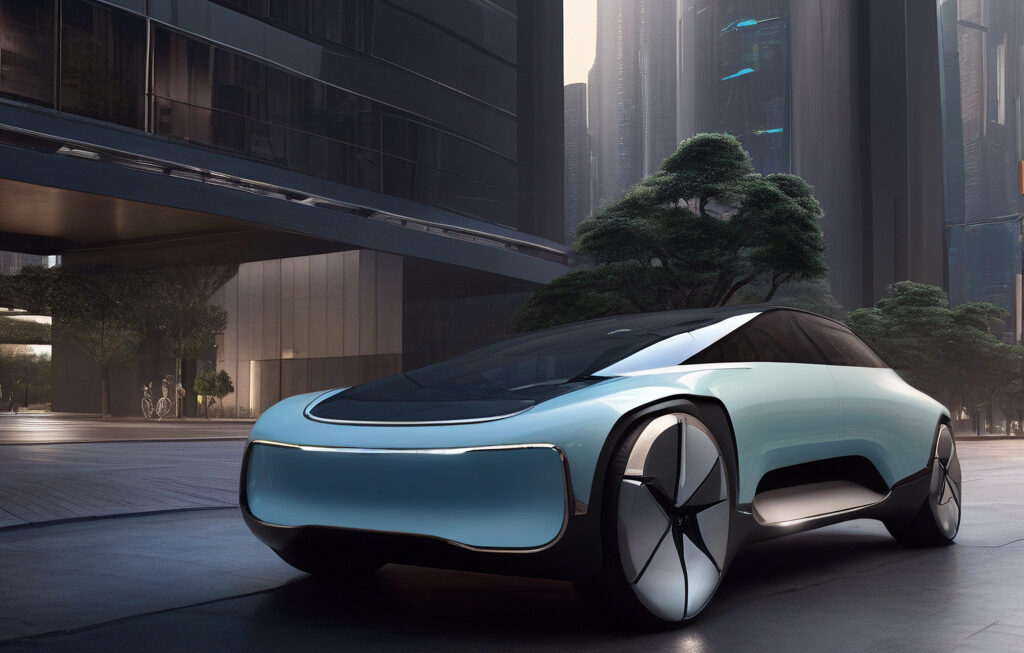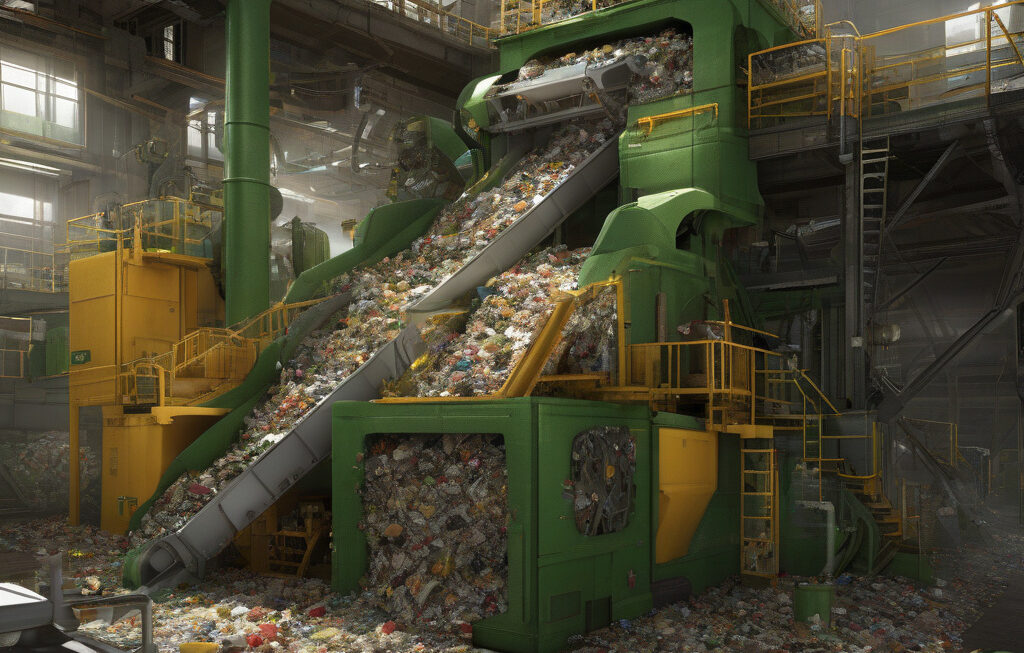Lithium Battery Waste Solutions: Hong Kong Startup Leads the Charge in AI-Powered Recycling
Lithium battery waste is piling up, and a Hong Kong-based startup is showing the world that innovative solutions can tackle this growing environmental challenge. With the increasing popularity of electronic devices and electric vehicles, the demand for lithium-ion batteries has surged in recent years. While these batteries are a crucial component of the green energy revolution, the downside is the environmental impact of their disposal. As more lithium batteries reach the end of their life cycle, the need for sustainable recycling methods has never been more pressing.
Enter a pioneering startup from Hong Kong, which has developed an AI-powered recycling system to address the mounting issue of lithium battery waste. By leveraging artificial intelligence and cutting-edge technology, this innovative company is revolutionizing the recycling process and setting new standards for environmental sustainability in the tech industry.
Traditional methods of lithium battery recycling are not only labor-intensive but also pose risks to human health and the environment. The conventional approach involves manual disassembly, which can be dangerous due to the potential for thermal runaway and toxic chemical exposure. Moreover, the efficiency of traditional recycling processes is often limited, leading to significant amounts of valuable materials being lost or ending up in landfills.
In contrast, the AI-powered recycling system developed by the Hong Kong startup offers a safer, more efficient, and environmentally friendly solution. By integrating artificial intelligence, robotics, and advanced sorting technologies, the system can automate the disassembly process with minimal human intervention. This not only reduces the risk of accidents but also improves the recovery rate of valuable materials from spent lithium batteries.
One of the key advantages of the AI-powered recycling system is its ability to identify and separate different components of lithium batteries with high precision. By using machine learning algorithms, the system can distinguish between various materials, such as lithium, cobalt, nickel, and graphite, enabling them to be recovered and reused in new battery manufacturing. This closed-loop approach not only minimizes waste but also conserves valuable resources, reducing the reliance on mining for raw materials.
In addition to its environmental benefits, the AI-powered recycling system also offers economic advantages for the industry. By recovering valuable metals from lithium batteries, the system creates new opportunities for revenue generation and cost savings. As the demand for lithium-ion batteries continues to grow, establishing a sustainable supply chain for battery materials is essential for the long-term viability of the electric vehicle and electronics industries.
The Hong Kong startup’s innovative approach to lithium battery recycling serves as a shining example of how technology can be harnessed to address pressing environmental issues. By combining AI, robotics, and advanced sorting technologies, the company is not only reducing the environmental impact of lithium battery waste but also paving the way for a more sustainable future. As other companies and governments seek solutions to the mounting e-waste crisis, the success of this startup demonstrates the potential of innovation to drive positive change in the circular economy.
In conclusion, the Hong Kong startup’s AI-powered recycling system represents a significant step forward in the quest for sustainable solutions to lithium battery waste. By harnessing the power of artificial intelligence and cutting-edge technology, the company is leading the charge towards a greener, more efficient approach to battery recycling. As the global demand for lithium-ion batteries continues to rise, innovative initiatives like this are essential to ensure a cleaner, more sustainable future for generations to come.
lithium battery waste, AI-powered recycling, sustainability, Hong Kong startup, environmental innovation












